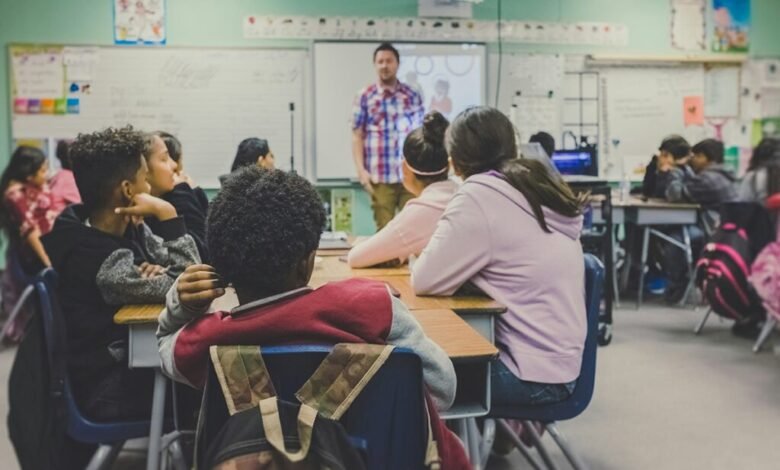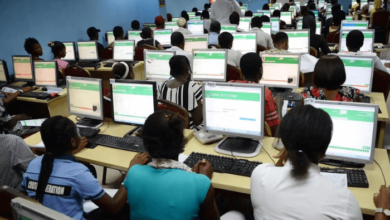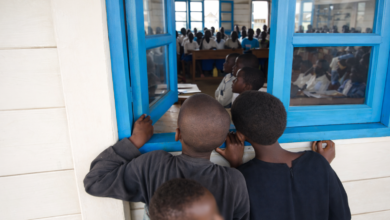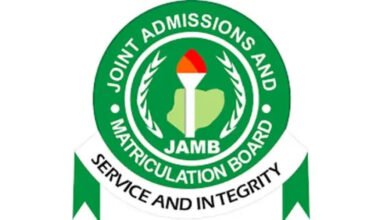Colleges in Indiana Slash Teacher Programs as Fewer Students Pursue Education Careers

This fall, public colleges across Indiana are preparing to eliminate or consolidate dozens of teacher education programs with low enrollments, following a new state law that ties the survival of academic degrees to graduation numbers.
Under House Enrolled Act 1001, degree programs that fail to produce a minimum number of graduates over three years will face termination unless granted special approval by the Indiana Commission for Higher Education.
The policy, designed to “streamline” higher education, has forced universities to drop hundreds of programs, many of which train the next generation of educators.
Among the most heavily affected are teacher education programs, with 32 slated for elimination or suspension and 48 set to be consolidated. The move underscores a troubling national trend: fewer young people are choosing to become teachers, deepening the United States’ ongoing educator shortage crisis.
Indiana University, for example, plans to scrap 13 teacher education degrees and merge 30 more by 2026, replacing them with a single “secondary education” program covering multiple subjects.
Mark Sperling, interim dean at IU Northwest, said the restructuring aims to meet state thresholds while preserving student pathways. “We really didn’t want to hurt students,” he explained. “Education today doesn’t draw as many students as it once did.”
Across the U.S., the teaching profession faces record-low interest among college students. According to the Learning Policy Institute, at least one in eight classrooms lacks a certified teacher.
Low pay, heavy workloads, and political hostility toward educators have driven many from the field, leaving schools, especially those in low-income areas, struggling to provide quality instruction.
As Indiana and other states, including Ohio and Utah, move to eliminate “underperforming” degree programs, critics warn that the value of teacher education cannot be measured by enrollment numbers alone.
Cutting programs, they say, sends the wrong message at a time when the country desperately needs more qualified teachers.
Nonprofits like RISE INDY are stepping in to fill the gap, creating initiatives such as the Freedom Readers Fellowship, which trains parents and community members to support students’ literacy and even become certified educators. “Without teachers and parents well-equipped to focus on learning, we don’t have a strong education system,” said Jasmine Jackson, the nonprofit’s chief of staff.
The broader challenge remains: how to restore respect, support, and sustainability to the teaching profession.
When systems devalue teachers, they endanger children’s right to quality education. As Indiana restructures its colleges, the lesson is clear: every decision that undermines teacher development ultimately undermines the child’s right to learn.





